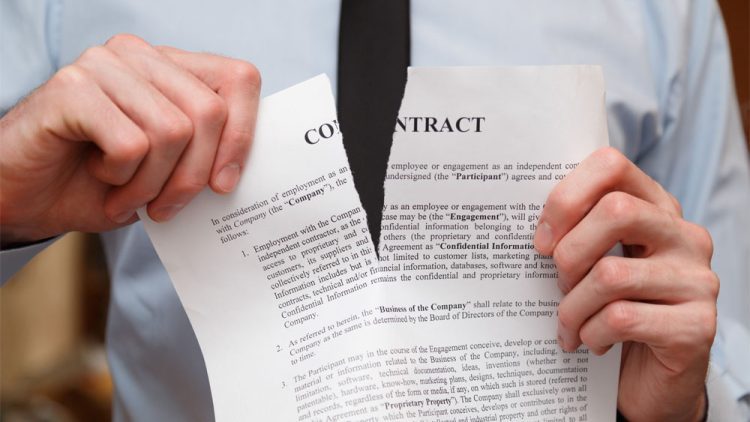What Constitutes a Breach of Fiduciary Duty?
The 4 Elements of a Breach of Fiduciary Duty Claim
According to law, there are 4 elements for advancing a legal claim for breach of fiduciary duty. Here are the 4 elements:
- The plaintiff was owed a higher degree of care based on a special relationship between the plaintiff and the defendant;
- The defendant breached their fiduciary duty toward the plaintiff;
- The plaintiff sustained damages because of the said breach; and
- The plaintiff can demonstrate enumerated
The 4 Elements
-
Fiduciary Duty
“Fiduciary duty” necessitates the defendant owing a specific duty to a plaintiff based on a special relationship between the parties. For instance, the duties that the trustee is owed to a beneficiary of a trust, the duties owed by directors and officers of a company to shareholders of the company, and duties owed by majority shareholders in their affairs with the minority shareholders. There are also fiduciary duties owed to investors who place their money with a private equity sponsor or manager of a real estate or business enterprise. When making a decision, fiduciaries are required to place their own self-interest below that of their assigned fiduciary client.
-
Breach
The element of “breach” goes to the fact of the matter if the individual that owes the fiduciary duty breached said duty. These are usually fact-intensive inquiries for juries and is probably the most argumentative issue presented during a trial. The defense will always argue no breach occurred and it is the plaintiff’s burden of proof to show otherwise.
-
Causation
The plaintiff needs to prove that the damages they sustained were in fact caused (one) by the defendant and (two) because of the breach of their fiduciary duty. “The element of causation is satisfied when the plaintiff proves that the defendant’s conduct was an instrumental contribution to the cause of the injury.”
-
Damages
When a duty is determined and a breach is evident, the plaintiff is next required to prove the breach caused the plaintiff damage and show specifically what those damages calculate to.
How Does the Law Define Fiduciary Duty?
According to Black’s law dictionary (the dictionary used by attorneys), defines the fiduciary duty as:
A duty of uttermost good faith, trust, confidence, and candidness owed by a fiduciary (like a trustee or an agent) to the beneficiary (like passive investors or beneficiaries of the trust or the agent’s principal); a duty of uttermost faithfulness, trust, confidence, and candidness owed by a fiduciary (like a corporate officer or an attorney) to the beneficiary (like an investor or shareholder or the client of an attorney); a duty to act with the highest level of loyalty and honesty against another individual and in the best interest of the other individual (like the duty that one partner owes to the other).
What is a Fiduciary?
“A fiduciary is an individual having a duty, created by his or her undertaking, to act primarily for the benefit of another in matters connected with the undertaking.” According to Griffithslawpc.com
What are the Duties Owed by a Fiduciary?
“A fiduciary’s obligations include a duty of loyalty, a duty to exercise reasonable care and skill, and a duty to deal impartially with beneficiaries.” Fiduciaries additionally owe a duty of “utmost good faith.” In certain situations, fiduciaries owe specific duties that are dependent on the field they practice in or on certain dealings involved. For instance, circumstances involving real estate dealings, majority, and minority shareholders, trustees, and other types of fiduciary associations.
Constituting a Breach of Fiduciary Duty
To establish a breach of fiduciary duty, each of the four elements is required to be confirmed by the extensiveness of the evidence and at that point, the plaintiff needs to prove the extent of his or her damages by presenting corroborating third party evidence and exhibits revealing such damage.
Source:
- “4 Elements of a Breach of Fiduciary Duty Claim.” Griffiths Law, www.griffithslawpc.com/resources/elements-breach-fiduciary-duty-claim/.
Real Estate Expert Witness Services by Craig Cherney, Esc.
Craig Cherney is a trusted client advisor and a sought after real estate expert witness who is hired by the nation’s top Real Estate Litigation Attorneys to help resolve their litigated real property matters. Craig has appeared as a testifying expert witness before judges and juries in California, Arizona, Nevada and other jurisdictions across the country. Craig Cherney, Esq. Expert Witness Real Estate. 480-399-2342.
